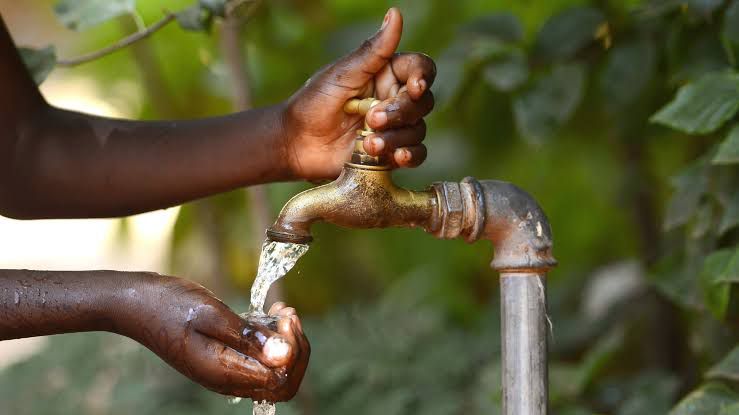
The Enugu State Government has pledged to revamp the abandoned old water schemes in some rural communities of the state.
Chika Mbah, the acting managing director of the Enugu Rural Water Supply and Sanitation Agency (EN-RUWASSA), made the pledge on Monday when she received two civil society groups, the Enugu Peer Learning Hub and the Society for Water and Sanitation (NEWSAN).
Ms Mbah said the abandoned water schemes were in about 10 council areas of the state.
She said that repairing them would not only make water available for rural dwellers but also provide them access to safe and clean water.
She recalled that there had been old water schemes in the state, built during the Second Republic, especially by former Governor Jim Nwobodo of the old Anambra State.
According to her, the water schemes were underground water systems that came out on their own and were strategically located to supply the host community and neighbouring communities.
“What they did then was to reticulate the water to tanks at elevated grounds, which flowed down to communities by gravity.
“But due to construction and human activities, many of these pipes were destroyed and never replaced while the facilities were left without being serviced.
“Our thinking is, if we revamp these facilities, it will serve more communities as their running costs are little and will cost a little to repair them,” Ms Mbah said.
She disclosed that three weeks ago, a team of experts from her office, including geologists, water and mechanical engineers, and social researchers, visited all the sites and was currently preparing a cost-benefit analysis.
“Very soon, we will come up to say this is what it will cost us to revamp them,” she added
She also disclosed that the state government, through the Community Social Development (CSD) project, a World Bank-supported project, had built 93 boreholes in communities.
While stressing that the project was community driven, Ms Mbah said that additional 145 communities in Enugu had indicated interest for boreholes to be constructed for them through the CSD project.
Ms Mbah explained that the CSD project was structured in a way that when a state government embarked on a project, the World Bank would pay them higher than what it spent.



Discussion about this post